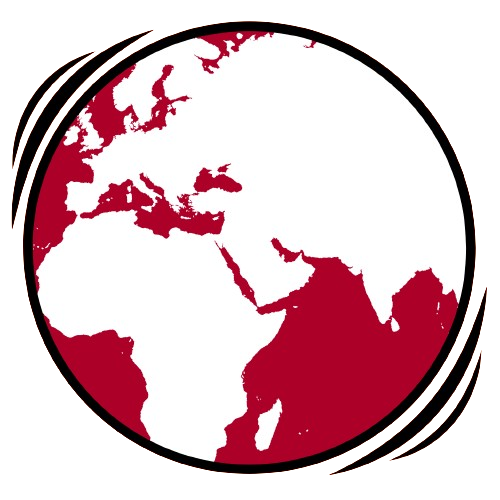Pakistan has reaffirmed its determination to strengthen action and cooperation to collectively achieve the goal of an international society free of drug abuse.
“Our efforts must be guided by the need to address and counter all aspects of the world drug problem– the entire chain starting from illicit cultivation to demand reduction,” Ambassador Usman Jadoon, deputy permanent representative of Pakistan to the UN, told a side-event on combating the global drug problem.
The side-event, held at UN headquarters on Wednesday, was co-hosted by the Permanent Missions of Russia, Pakistan, China, Cuba, Egypt, Singapore and Uzbekistan as well as the United Nations Office on Drugs and Crime ( UNODC).
The world drug problem, the Pakistani envoy said, remains a serious global challenge, pointing out the heavy toll it takes on health, safety, security, socio-economic development and well-being of individuals, families and society as a whole.
“We are committed to addressing this issue through joint efforts grounded in the principle of common and shared responsibility,” Ambassador Jadoon told delegates.
As a responsible member of the international community, he said, Pakistan was pursuing a comprehensive administrative framework to counter the world drug problem.
In this regard, the Pakistani government was working on a zero-tolerance policy in combating the global challenge of illicit drugs as part of a comprehensive counter-narcotics strategy.
Despite limited resources and technological gaps, Ambassador Jadoon said Pakistan continues to demonstrate leadership in the fight against drug trafficking and abuse, standing as a frontline state in addressing the spread of opiates and synthetic drugs originating from the region.
“Pakistan remains resolute in its efforts to safeguard society and the world from the devastating impact of illicit drugs,” he said.
“We will continue to work in close collaboration with the international community to combat this issue with unwavering determination.”
Ambassador Jadoon also outlined Pakistan’s counter-narcotics initiatives, which include stringent precursor control regime; drug demand reduction campaigns; enhanced treatment and rehabilitation; bilateral, regional, and international cooperation; and gender strategy and advocacy plan.
“Let us renew our commitment to intensify our collective efforts at the global, regional, sub-regional, and national levels, as we confront the multifaceted challenge of the world drug problem together.”

